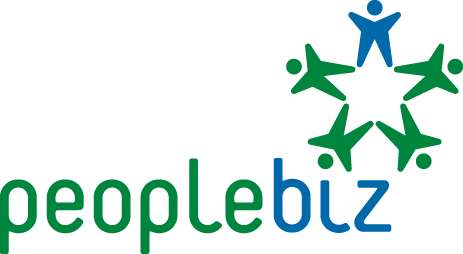It’s the end of July and we’ve had so many days of 100°+ weather that we’re all about to wilt! Until today, which started off dark and still and then it actually rained!!! Which cooled things off, but reminded me of how dark this next step is….
Step 5: Remember that Help is the Happy Side of Control!
Dark you ask? Why?
I think it is probably endemic to human nature to want to control things around us. But what happens when someone calls me a “control freak?” I get defensive! I don’t want to be seen that way!
So it pains me to admit that all my helpfulness really does smack of me wanting to be in control. And that is a way of owning my dark side, more than I feel really comfortable doing.
Those of us who love helping (yes, helpaholics!) aren’t just doing it altruistically. The hidden motive is to control — if not the person, then perhaps the outcome.
Think about the parent who consistently steps in to “help” the child do things the “right” way. I’m not talking about when the child comes and asks for specific help. I’m talking about the all-knowing parent who observes the child’s attempt at something and jumps in to make sure they get it done.
Or the wife or husband who offers to help with a project and before you know it the project no longer belongs to you. You’re being told how to do it, then consistently asked about the results.
Or the friend who can’t stop offering advice. And then gets frustrated when the advice isn’t followed.
Do you recognize anyone here? It saddens me to say I do. Me!!!
It’s not something I do all the time, but I have to pay close attention to myself to not to do it. And I’m grateful to say that my hyper-vigilance is proving fruitful. Especially in the area of communicating with family and friends, I have made great improvement.
Which has resulted in me being more relaxed around them, and us actually getting along better! What a concept!!!
Isn’t this the same thing as not taking responsibility for other people’s experiences?
Not quite. With that step, we are making up a story that they need us to take care of them when they haven’t asked for it. This type of intervention is different. This is about taking over when they ask for help, or we assume they need our help because of the role we play in their lives. Like a parent, or a teacher, or an employer, in some way we feel we need to exert an authoritative influence. Because we are somehow “experts.”
See why I said it feels like I’m baring my dark side? I don’t want to be that way with people! Because it has dire consequences:
- my son doesn’t want to talk with me when I do it
- my friends tell me I act like I’m the smartest person in the room (ouch!)
- a spouse with an overbearing mate tends to shrivel and shrink because it is so hard to push against that behavior (I’ve had that reaction to overbearing men–so it is doubly awful if I’m the pushy one!!!)
- kids with an overbearing parent could act out their frustration either by rebelling and being angry or cowering and developing extreme anxiety (I’ve seen it go both ways….)
- people who are constantly treated as if they are less-than, inferior, or lacking skills tend to accept that identity–especially if it comes from a superior (a boss, a parent, etc.)
Does that mean it is our fault if they react that way?
Not completely. They have the responsibility to look within and make some decisions about themselves: that they are worthy, that they are capable, that they don’t have to put up with overbearing people. But why exacerbate their problem? Why not take a step back and let them find out how capable they are on their own? Or at least wait until they ask for help.
I know from my many years of study of human behavior that every challenge has a benefit. So when we challenge people by our inappropriate behavior, it doesn’t spell ruin for them. They can find a way to stand up to us, to fight for themselves.
I just like myself a lot better when I’m not making things more difficult for people than they already are. Especially if doing it is something I can control!
Coming soon, Step 6…..
